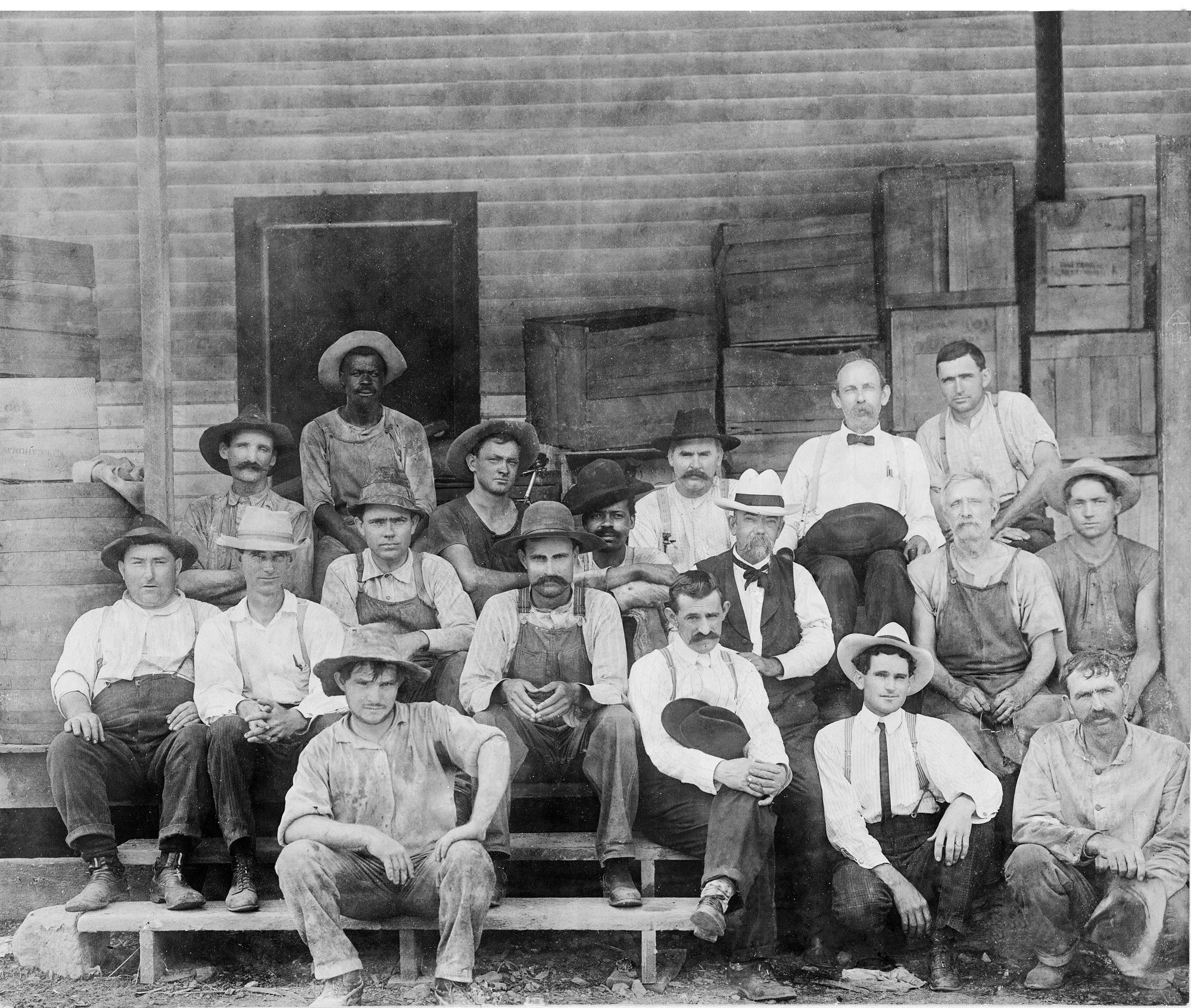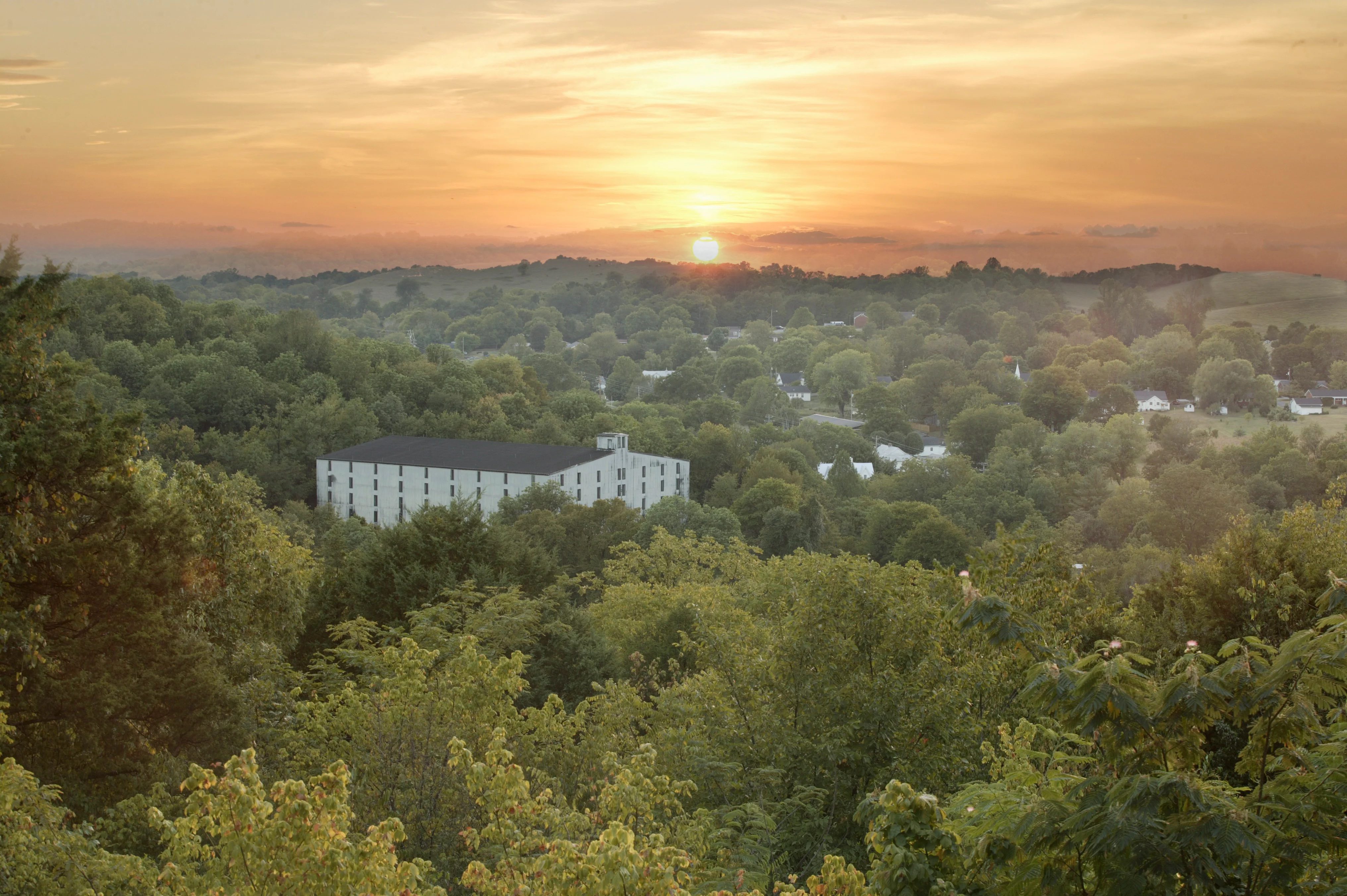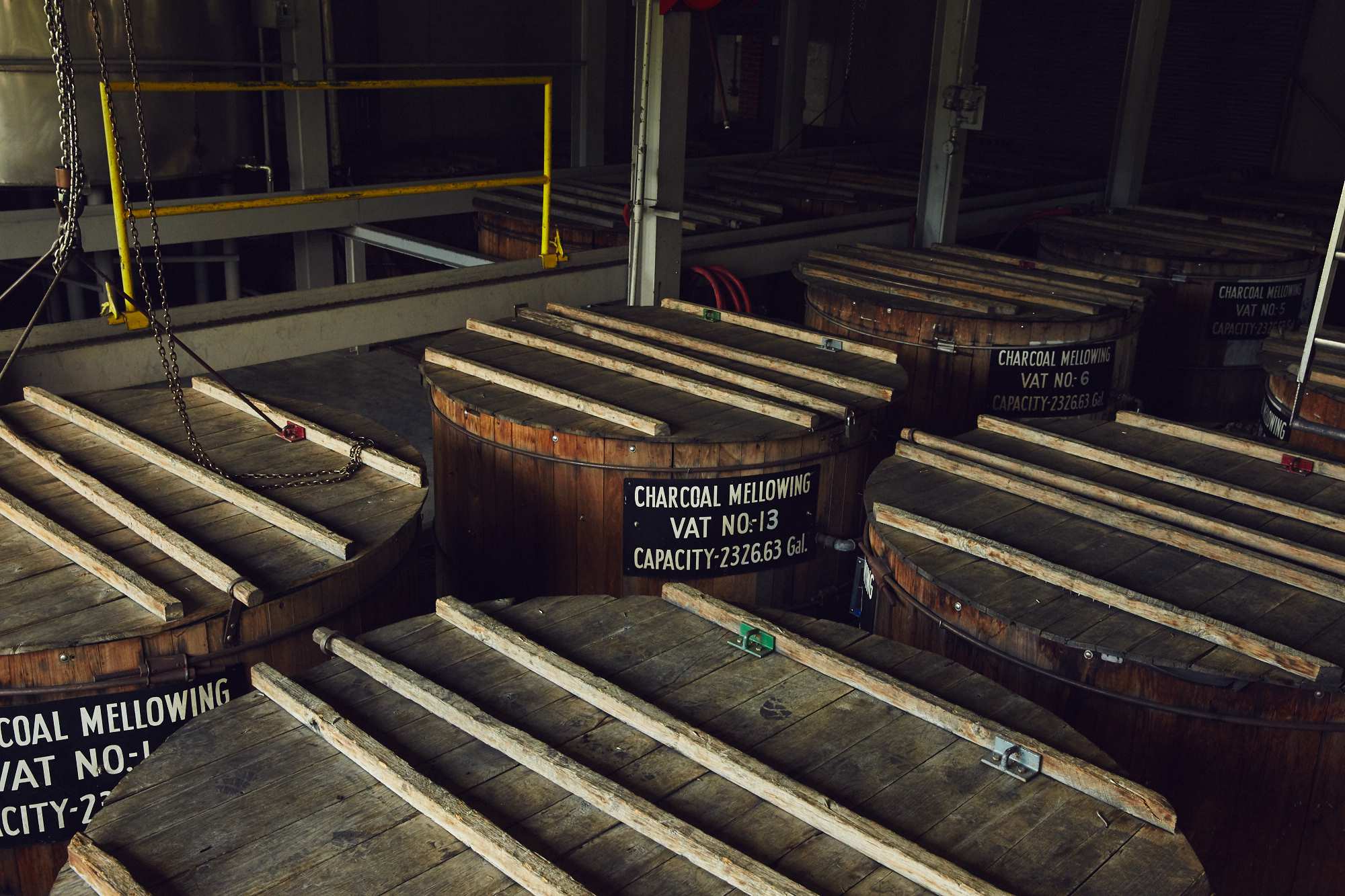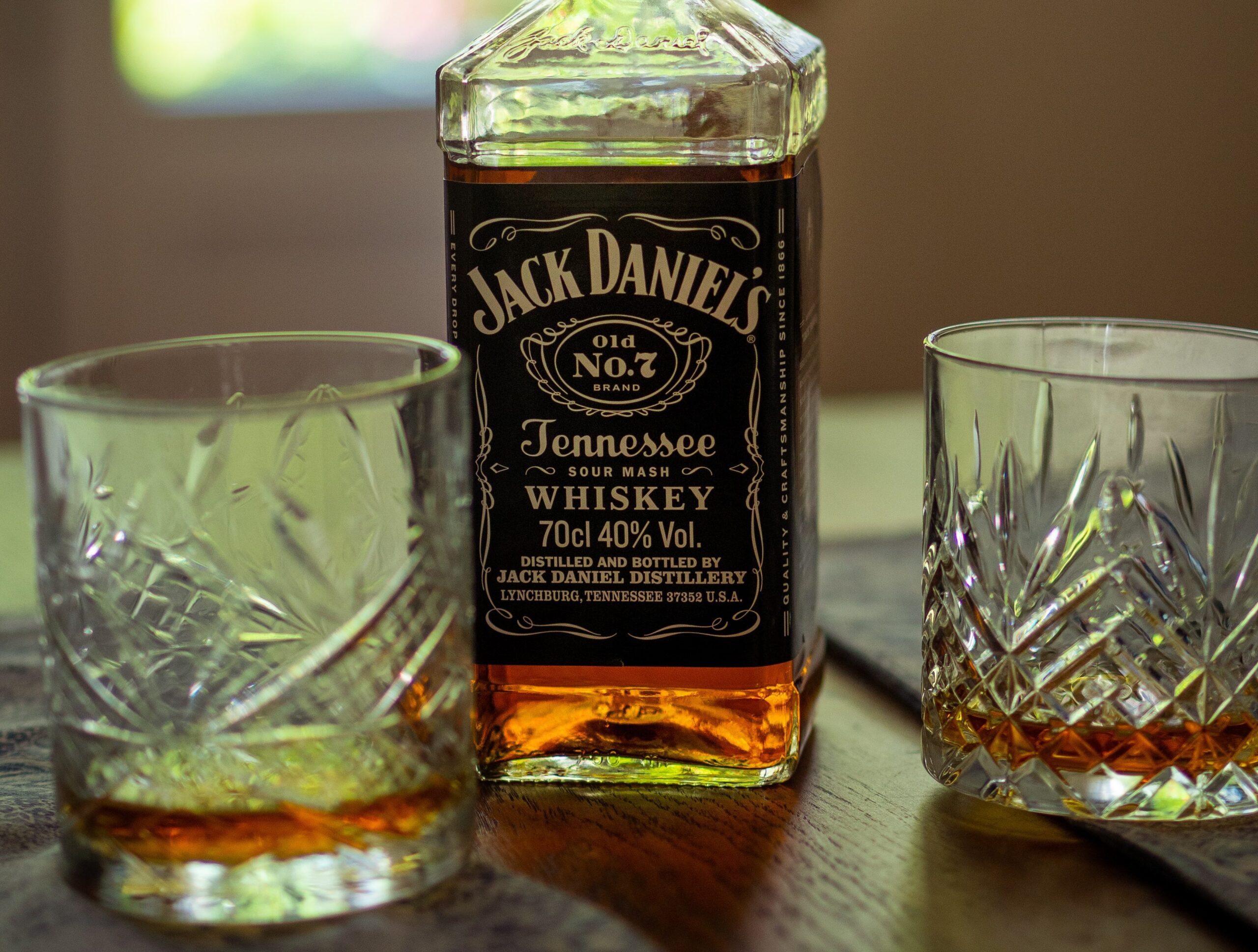Iconic Tennessee-produced whiskey brand Jack Daniel’s is embracing bold environmental conservation efforts. The company, whose products have long been a go-to, easy favorite for whiskey lovers and casual consumers alike, knows the prominent role a sustainable lifestyle holds for many Americans.

To do its part, Jack Daniel’s employs some of the best methods of sustainable production in their manufacturing and distillery processes without compromising the quality, or even style, of their ubiquitous liquor.

Their efforts range from a zero-waste distillery to upcycling products used in production and minimizing packaging to lower the carbon footprint of each product. As they look forward, Jack Daniel’s representatives say the approach is here to stay.
The whiskey giant is owned by the parent company Brown Forman Corporation, a Kentucky-based wine and spirits firm known for various brand name spirits across America. In 2018, Brown Forman took an unexpected step that made headlines, buying 30 MW of wind power credits to offset energy usage from its facilities. 1 MW can power around 1,000 homes across the country, according to the U.S. Nuclear Regulatory Commission. Its sustainability efforts didn’t stop there. The corporation also made pledges to reduce greenhouse gas emissions by at least 15% by 2023 and reduce water consumption in their production process by up to 30% by that same deadline.
While Brown Forman, as a parent company, has made significant inroads and investments in a more sustainable future, some projects are Jack Daniel’s-specific.
Jack Daniel’s has committed heavily to maintaining its status as a zero-waste distillery. The company’s approach is two-fold: minimizing the amount of packaging used for shipments while finding innovative ways to recycle discarded products during manufacturing.
The former has been more straightforward, with the company reporting that it uses only the necessary amount of shipment materials for logistics. The latter requires collaboration with outside companies. Jack Daniel’s diverts all of its waste from the landfill, meaning all byproducts from production are recycled. Each year, the whiskey manufacturer sends an impressive 36 tons of waste to a composite decking manufacturer—a hyper-sustainable and long-lasting wood alternative.

Whiskey distilling is also unique in its byproducts. Like “hops mash” leftover after brewing beer, whiskey is filtered through sugar maple charcoal that leaves “spent charcoal.” The “charcoal mellowing” step removes the harsh taste of newly-made whiskey and deepens the flavor profile. Most distilleries dispose of the charcoal, but Jack Daniel’s takes a different approach. Like breweries that donate “hops mash” for livestock food, the distillery sells more than 160 tons per year of spent charcoal to companies that manufacture smoking pellets. It also uses excess spent charcoal to fuel the boiling step in the distillation process.
Although thoughts of a smooth, boldly flavored whiskey may not evoke thoughts of sustainability, Jack Daniel’s is out to change that. Brown Forman’s chief product officer, Alex Alvarez, says the idea of successful business and stewardship are far from mutually exclusive. “I think that there’s a misconception that in order to be sustainable, it’s not a good business proposition,” the executive said. Alvarez went even further, saying the opposite: “I don’t think we can be in business and not care.”





